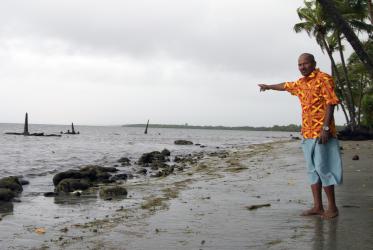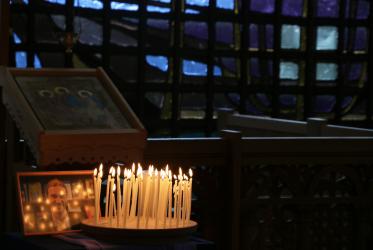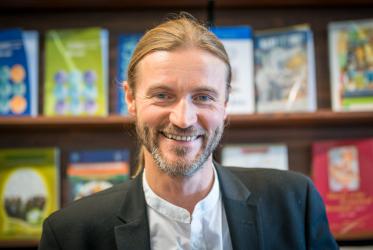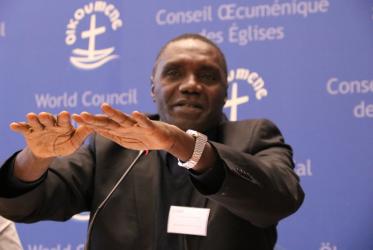Displaying 1 - 20 of 110
09 November 2023
WCC expresses sadness, solidarity after Notre Dame fire
16 April 2019
WCC condemns massacre of farmers in Philippines
12 April 2019
WCC mourns lost staff member in Ethiopian Airlines crash
11 March 2019
Agreement works toward food security in South Sudan
23 February 2019















